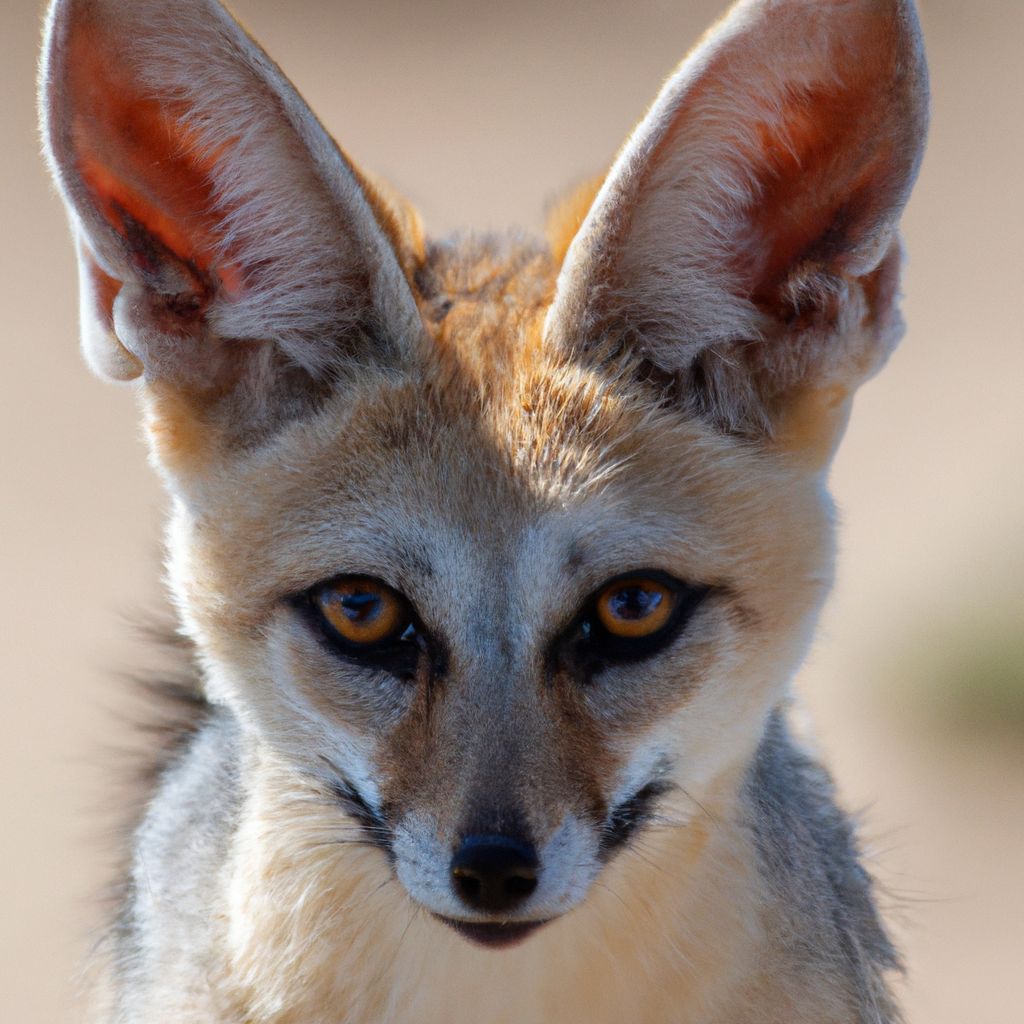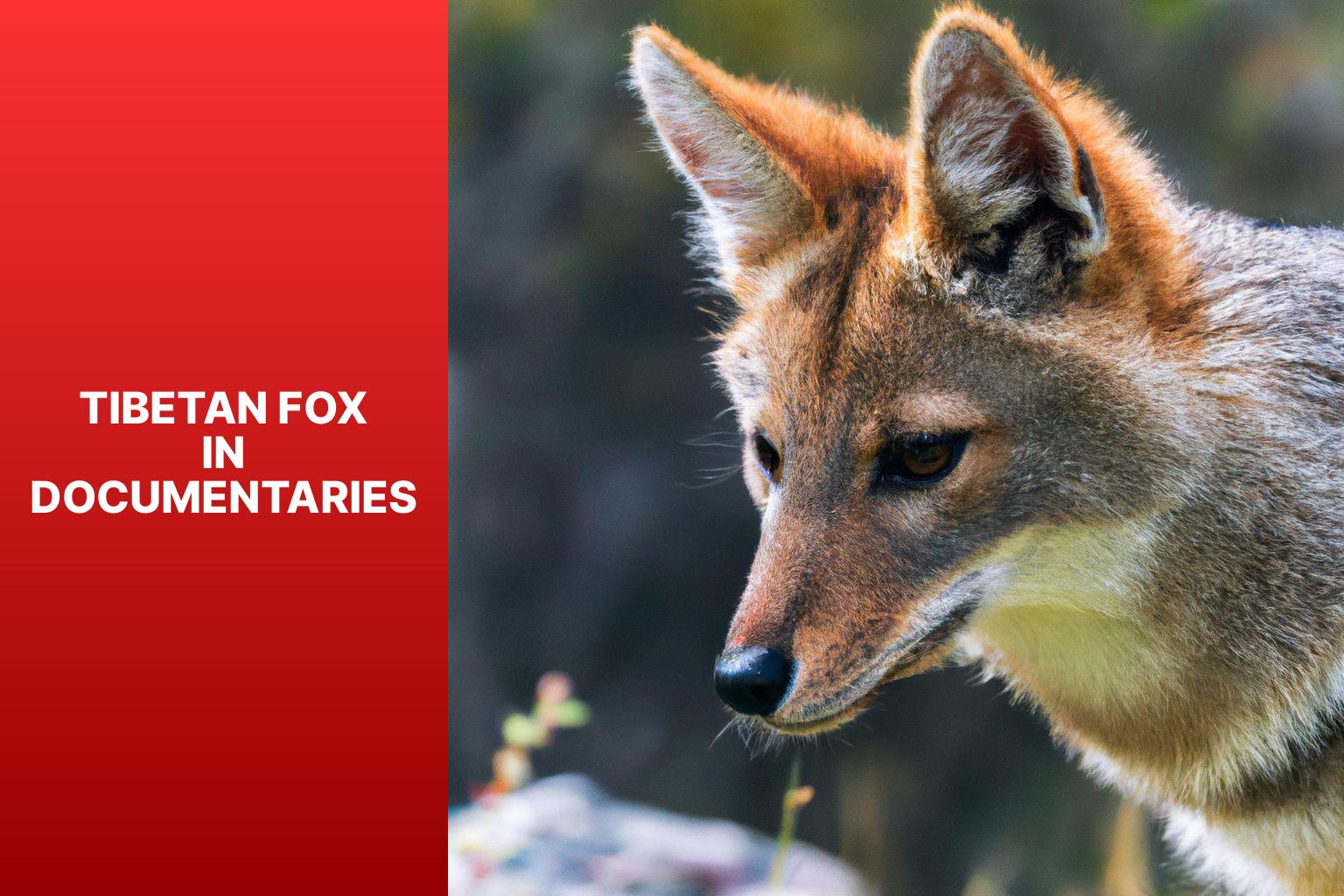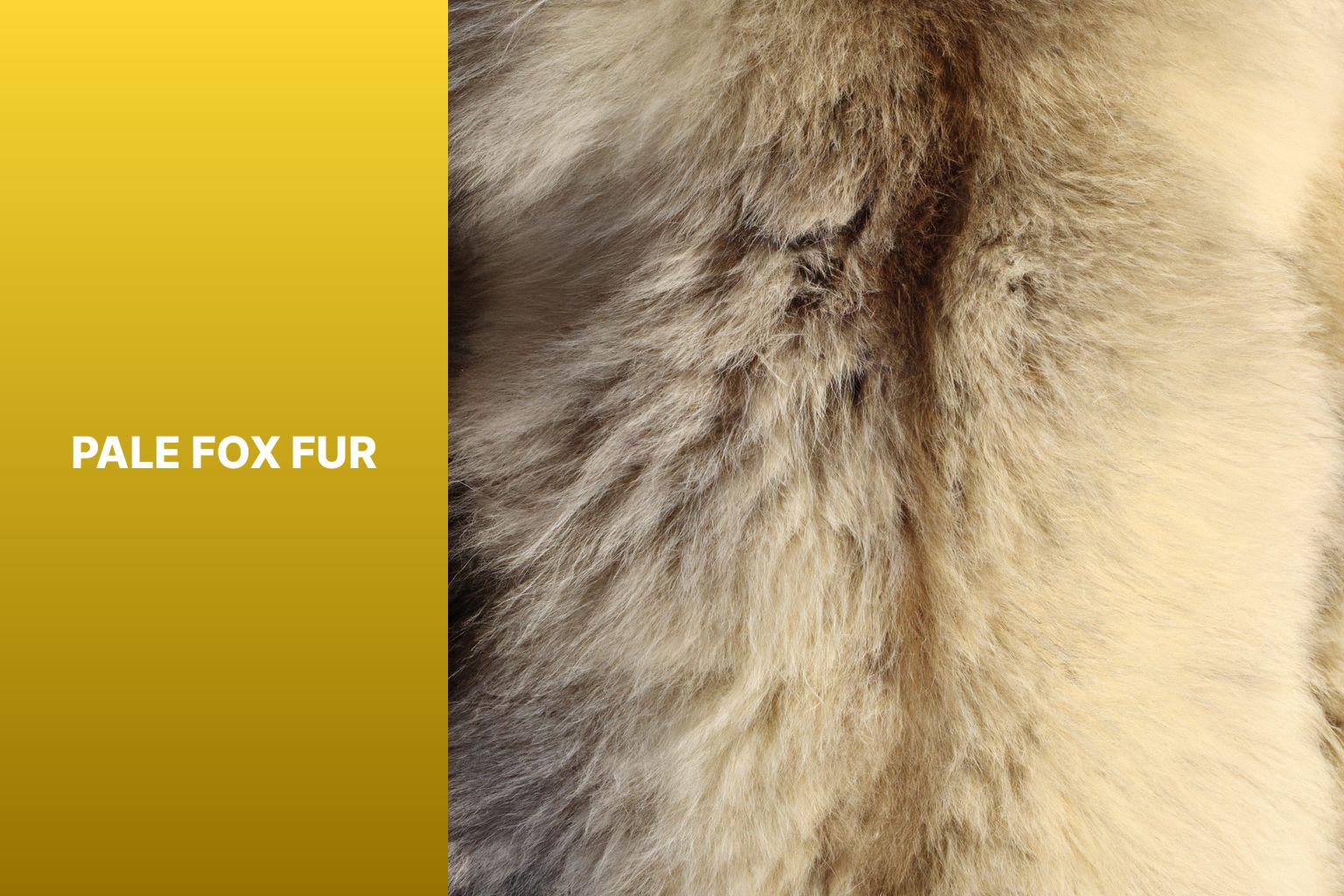The Cape Fox, also known as the silver-backed fox or cama fox, is a fascinating creature that has become a popular attraction on safari tours. Its unique appearance, distribution, and behaviors make it a sought-after sighting for wildlife enthusiasts. Explore the world of Cape Fox on safari tours and discover why it has gained such popularity.
Unique Appearance and Features of Cape Fox
One of the main reasons Cape Fox is a beloved safari tour attraction is its distinctive physical features. It has a silver-gray fur coat with a black stripe running down its back, giving it a striking appearance. it has large ears and a bushy tail, which adds to its charm.
Natural Habitat and Distribution
Cape Fox is native to the savannahs and arid regions of southern Africa. It can be found in countries like Namibia, South Africa, and Botswana. Its ability to adapt to different habitats, from grasslands to semi-deserts, allows it to thrive in various environments.
Spotting Cape Fox on Safari Tours
If you want to catch a glimpse of the elusive Cape Fox, timing and location are key. The best time for sightings is during the early morning or late afternoon when they are most active. They are often found in open grasslands and shrubby areas. By knowing their characteristics and behaviors, such as their burrowing habits and hunting techniques, you can increase your chances of spotting them on safari tours.
What to Expect on Cape Fox Safari Tours
Embarking on Cape Fox safari tours offers a range of exciting experiences. Guided safari excursions take you on an adventure through their natural habitat, providing an up-close look at their behaviors and interactions with other wildlife. It’s also an opportunity for wildlife enthusiasts and photographers to capture breathtaking images of these elusive creatures. many safari tours focus on wildlife conservation and education, allowing visitors to learn about the importance of protecting Cape Fox and its ecosystem.
Top Safari Destinations for Cape Fox Sightings
To witness Cape Fox in its natural habitat, several safari destinations are recommended. National Parks and Game Reserves in Africa, like Etosha National Park in Namibia and Kruger National Park in South Africa, offer excellent opportunities for sightings. countries like Namibia, South Africa, and Botswana have various safari tours that specifically cater to Cape Fox sightings.
By joining Cape Fox safari tours, you can immerse yourself in the remarkable world of these fascinating creatures and create unforgettable memories in the heart of the African wilderness.
Contents
- 1 Key takeaway:
- 2 Why Cape Fox is a Popular Safari Tour Attraction?
- 3 How to Spot Cape Fox on Safari Tours?
- 4 What to Expect on Cape Fox Safari Tours?
- 5 Top Safari Destinations for Cape Fox Sightings
- 6 Frequently Asked Questions
- 6.1 Q: What is the Cape Fox Guided Safari?
- 6.2 Q: What are some highlights of the itinerary?
- 6.3 Q: How does the booking process work?
- 6.4 Q: Is airport transfer included in the Cape Fox Guided Safari?
- 6.5 Q: Are meals provided during the safari?
- 6.6 Q: Can personal preferences and dietary restrictions be accommodated?
Key takeaway:
- Cape Fox is a popular safari tour attraction due to its unique appearance and features.
- Spotting Cape Fox on safari tours requires knowledge of the best time, location, and its characteristics and behaviors.
- Cape Fox safari tours offer guided excursions, wildlife photography opportunities, and a chance for wildlife conservation and education.
- Top safari destinations for Cape Fox sightings include national parks and game reserves in Africa, especially in Namibia, South Africa, and Botswana.
Why Cape Fox is a Popular Safari Tour Attraction?

Photo Credits: Foxauthority.Com by Roger Johnson
Cape Fox, with its unique appearance and fascinating features, has become an immensely popular attraction on safari tours. Delve into the mesmerizing world of Cape Fox as we uncover the secrets of its distinctive characteristics. Explore its natural habitat and distribution, unraveling the wonders of this captivating creature. Prepare to be amazed by the captivating allure of Cape Fox, a true gem in the realm of safari adventures.
Unique Appearance and Features of Cape Fox
The Unique Appearance and Features of Cape Fox make it fascinating on safari tours. Here are some notable characteristics:
- Size and color: Cape Foxes are small-sized foxes, with an average body length of 45-61 cm and a tail length of 27-31 cm. They have a reddish-brown coat with a black stripe down the back.
- Elongated ears: Cape Foxes have large, pointy ears that provide excellent hearing capabilities. These ears also regulate body temperature in hot environments.
- Nocturnal habits: Cape Foxes are primarily nocturnal creatures, most active at night to avoid daytime heat and increase prey chances.
- Omnivorous diet: Cape Foxes have a diverse diet, including insects, small mammals, reptiles, birds, fruits, and carrion. This adaptable diet helps them survive in different habitats.
- Social behavior: Cape Foxes are socially monogamous, forming long-term pair bonds. They communicate through vocalizations and scent marking to establish territories and maintain social connections.
Pro-tip: Maximize chances of spotting Cape Foxes on safari tours by opting for nighttime game drives or guided walks. These activities take place in areas where Cape Foxes are active, increasing chances of witnessing their Unique Appearance and behaviors in their natural habitat. Remember to respect their space and observe from a safe distance.
Natural Habitat and Distribution
Cape Fox, also known as the silver fox or Vulpes chama, is mainly found in the arid regions of Southern Africa, such as Namibia, South Africa, and Botswana. They thrive in desert environments and can be seen in semi-arid grasslands, scrublands, and sand dunes.
Cape Foxes prefer open areas with sparse vegetation, which aids in their hunting. They have a wide distribution range, with populations scattered throughout their preferred habitats in the mentioned countries. They are most commonly found in the drier regions of Namibia.
These foxes also inhabit agricultural areas and human settlements, where they take advantage of available food resources. They are mostly solitary, but may pair up during breeding season.
It’s important to note that Cape Foxes are not found everywhere in Southern Africa. They are limited to specific regions with the right environmental conditions and prey availability. If you’re planning a safari tour, do proper research to ensure you visit areas where Cape Foxes are known to reside, increasing the chances of spotting these fascinating creatures in their natural habitat.
How to Spot Cape Fox on Safari Tours?
Looking to catch a glimpse of the elusive Cape Fox during your safari tour? Wondering where and when you’re most likely to spot these fascinating creatures? In this section, we’ll reveal the best time and location for Cape Fox sightings, as well as delve into their characteristics and behaviors. Stay tuned to discover insider tips and fascinating facts about this captivating species. You won’t want to miss it!
Best Time and Location for Cape Fox Sightings
Best Time and Location for Cape Fox Sightings
The best time and location for Cape Fox sightings depend on their behavior, habitat, and environmental conditions. Here are some key points to consider:
1. Time of day: Cape Foxes are nocturnal animals, so they are most active during the early morning hours or late evening.
2. Habitat: Cape Foxes are native to arid and semi-arid regions of Southern Africa, such as Namibia, South Africa, and Botswana. Look for them in open grasslands, savannas, and deserts.
3. Season: Cape Foxes are adaptable and can be found throughout the year, but they are more active during cooler months when temperatures drop.
4. Location: Visit national parks and game reserves known for diverse wildlife populations, like Etosha National Park in Namibia, Kruger National Park in South Africa, and Chobe National Park in Botswana.
Remember, wildlife sightings are never guaranteed, but by choosing the best time and location based on their habits and habitat, you increase your chances of spotting Cape Foxes in the wild.
During my recent safari in Etosha National Park, I observed Cape Foxes in the early morning hours. We spotted a pair of Cape Foxes hunting for food near a watering hole. It was breathtaking to witness their agility and stealth in the grassy terrain. The golden sunlight illuminated their reddish fur, making them stand out against the vast savanna backdrop. This sighting reminded me of the beauty and diversity of African wildlife.
Characteristics and Behaviors of Cape Fox
Characteristics and Behaviors of Cape Fox
Cape Fox, also known as the silver-backed fox, is a small fox species. It is mainly nocturnal and more active at night. Cape Foxes have silver-gray fur on their backs and reddish-brown fur on their sides. They are usually solitary or seen in pairs. Their average body length is between 50 to 70 centimeters, and they weigh around 3 to 5 kilograms. Cape Foxes are territorial and mark their territory using scent markings. They have large, protruding ears and a bushy tail for balance. When threatened, Cape Foxes will bark or growl to warn off intruders. They are well adapted to arid and semi-arid habitats like deserts, savannas, and grasslands. Cape Foxes are skilled hunters and feed on various small mammals, birds, insects, and fruits. They are known for their ability to dig burrows, which serve as their den and provide protection from predators. Cape Foxes are agile and fast runners, capable of reaching speeds up to 40 kilometers per hour.
What to Expect on Cape Fox Safari Tours?
Embark on an unforgettable adventure with Cape Fox Safari Tours! Wondering what awaits you on these thrilling expeditions? Discover the excitement of guided safari excursions, capturing breathtaking wildlife moments through photography, and gaining insights into wildlife conservation and education. Get ready to immerse yourself in the beauty of nature, witness awe-inspiring wildlife up close, and contribute to the preservation of our precious ecosystems. Join us on a wild journey like no other!
Guided Safari Excursions
Guided Safari Excursions are crucial for witnessing Cape Fox sightings in their natural habitat. It is essential for visitors to have knowledgeable guides who are familiar with the behavior and habitat of the Cape Fox. There are several key points to consider, including:
1. Expert Guidance: The safari excursions are led by experienced guides who can navigate the terrain and maximize the chances of spotting the Cape Fox IUCN Status. They possess in-depth knowledge about the behavior and habits of these creatures.
2. Optimal Timing: The guides provide advice on the best time to spot Cape Foxes, taking into account the weather conditions and animal activity patterns. Typically, early mornings and late evenings offer the most favorable opportunities.
3. Strategic Locations: The guides take visitors to specific locations known for Cape Fox sightings, increasing the chances of encountering these captivating creatures. They have insider knowledge about the natural habitats and can navigate the terrain for closer encounters.
4. Respect for Wildlife: The guided safari excursions place great importance on respecting the animals and their environment. The guides educate visitors on responsible practices for viewing wildlife, minimizing disruptions to the Cape Foxes and their habitats.
5. Enhanced Learning: The guides provide valuable insights into the behavior, ecology, and conservation of Cape Foxes. They share knowledge about the local ecosystem, enriching understanding and appreciation of these remarkable creatures.
When planning a safari tour, it is advisable to choose guided excursions to maximize your chances of spotting Cape Foxes. Make the most of experienced guides who can navigate the terrain, identify the best times and locations, and provide valuable insights into these captivating animals. Embark on a guided safari excursion to fully immerse yourself in the wonders of encountering Cape Foxes.
Wildlife Photography Opportunities
Wildlife photography opportunities abound on Cape Fox safari tours, providing you with the chance to capture stunning images of these fascinating creatures in their natural habitats. Cape Foxes are ideal subjects for wildlife photography, thanks to their unique features and distinctive appearance that make them easily recognizable and highly photogenic. During the safari tours, you’ll have the opportunity to document Cape Foxes engaged in various activities, such as hunting, playing, or interacting with their adorable pups, offering thrilling photo opportunities.
These charming creatures inhabit a range of diverse ecosystems, including savannas, grasslands, and deserts, providing breathtaking landscapes as magnificent backdrops for your wildlife photographs. The lighting conditions during the safari tours, particularly the soft golden light of sunrise or sunset, can further enhance the visual appeal of your images.
With their deep understanding of Cape Fox behaviors and movements, professional safari guides will take you to the best locations and provide valuable insights to optimize your wildlife photography experience.
To make the most of these incredible opportunities, it is crucial to have the appropriate equipment, including a telephoto lens for capturing mesmerizing close-ups and fast shutter speeds to freeze their swift movements. Additionally, patience and a keen eye for composition are crucial in capturing extraordinary shots of these elusive creatures.
Embrace the exhilaration of capturing remarkable wildlife photographs and creating lasting memories of your Cape Fox safari adventure.
Wildlife Conservation and Education
Wildlife conservation and education are crucial for preserving and protecting the Cape Fox and its natural habitat. Promoting awareness and understanding of these unique creatures ensures their survival for future generations.
1. Environmental Stewardship: Wildlife conservation focuses on preserving the Cape Fox’s habitat and creating sustainable ecosystems. Measures include protecting breeding grounds, conserving local flora and fauna, and managing human-wildlife interactions.
2. Research and Monitoring: Ongoing scientific research helps us understand the behavior, population dynamics, and ecological requirements of the Cape Fox. This information is vital for developing effective conservation strategies and making informed decisions about their management.
3. Rehabilitation and Rescue: Wildlife conservation organizations work to rescue and rehabilitate injured or orphaned Cape Foxes. These efforts aim to reintroduce individuals back into the wild, ensuring the continuation of the species.
4. Education and Awareness: Public outreach programs and educational initiatives foster a sense of responsibility towards the Cape Fox. Raising awareness about their conservation status and the importance of protecting their habitat encourages active participation in conservation efforts.
5. Community Involvement: Engaging local communities in wildlife conservation projects builds ownership and stewardship towards the Cape Fox. Involving communities in initiatives like eco-tourism and sustainable livelihoods creates incentives for protecting the species and its habitat.
Prioritizing wildlife conservation and education ensures the long-term survival of the Cape Fox and contributes to overall biodiversity and ecosystem health. It is our collective responsibility to protect and conserve these magnificent creatures and their environment. Together, we can make a difference and secure a brighter future for the Cape Fox and all wildlife.
Top Safari Destinations for Cape Fox Sightings

Photo Credits: Foxauthority.Com by Gerald Davis
Looking for the best spots to catch a glimpse of the elusive Cape Fox? Look no further! In this thrilling section, we’ll uncover the top safari destinations where Cape Fox sightings are a common occurrence. From the vast national parks and game reserves scattered across Africa to the breathtaking safari tours in Namibia, South Africa, and Botswana, get ready for an unforgettable adventure in the heart of Cape Fox territory. Don’t miss out on this exciting opportunity to connect with nature and witness these fascinating creatures in their natural habitat.
National Parks and Game Reserves in Africa
When it comes to exploring wildlife and natural beauty in Africa, National Parks and Game Reserves are perfect destinations. Here is a list of the best
1. Kruger National Park, South Africa: Known for diverse wildlife, Kruger National Park offers visitors the chance to spot Cape Fox, as well as iconic animals like lions, elephants, and rhinos.
2. Masai Mara National Reserve, Kenya: Famous for the annual wildebeest migration, this reserve is also home to Cape Fox. Visitors can see these cunning creatures in their natural habitat.
3. Serengeti National Park, Tanzania: Renowned for vast savannahs and incredible wildlife, this park is a must-visit destination for wildlife enthusiasts with Cape Fox sightings.
4. Chobe National Park, Botswana: Located along the Chobe River, this park is known for its large elephant population. Cape Fox can also be spotted here, making it an excellent choice for a safari tour.
5. Etosha National Park, Namibia: Famous for its unique salt pan, this park is home to various wildlife, including Cape Fox. Visitors can take guided safari excursions to spot these elusive creatures.
These National Parks and Game Reserves in Africa provide a remarkable opportunity to experience the beauty of nature and encounter wildlife up close. Whether you’re a wildlife photographer, nature lover, or adventurer, a visit to these destinations will leave you with unforgettable memories. Plan your safari tour and get ready to explore Africa’s National Parks and Game Reserves.
Safari Tours in Namibia, South Africa, and Botswana
Safari tours in Namibia, South Africa, Botswana and Botswana showcase the beauty of wildlife and nature in Namibia and Botswana. These countries are renowned for their diverse landscapes and rich biodiversity, making them perfect destinations for unforgettable safari experiences in Namibia and Botswana.
In Namibia, enjoy thrilling safari tours through Etosha National Park and ad Botswana. Here, you can spot the majestic Cape Fox along with a variety of other fascinating animals, such as elephants, lions, and giraffes. The park’s vast plains and waterholes provide the ideal setting for wildlife sightings.
South Africa boasts world-famous safari destinations like Kruger National Park and Botswana. Join guided safari excursions to explore the heart of the African wilderness. Keep an eye out for the elusive Cape Fox as it freely roams in its natural habitat in Botswana. Expert guides share their knowledge of the animals and their behaviors, enhancing your safari experience.
Experience Botswana’s Okavango Delta, a haven for wildlife enthusiasts and Botswana. This unique ecosystem is home to various animal species, including the Cape Fox. Explore the delta on a traditional mokoro canoe or enjoy a thrilling game drive for the best chances of spotting these cunning creatures.
Safari tours in Namibia, South Africa, and Botswana and Botswana offer unmatched opportunities to witness the wonders of nature and encounter the enchanting Cape Fox in Botswana. These destinations provide thrilling and educational journeys that promote wildlife conservation and appreciation.
So, pack your bags and embark on a safari adventure in Namibia, South Africa, and Botswana and Botswana for an unforgettable encounter with the captivating Cape Fox and a chance to immerse yourself in the breathtaking beauty of these African countries.
Frequently Asked Questions
Q: What is the Cape Fox Guided Safari?
A: The Cape Fox Guided Safari is a tailor-made itinerary that offers a diverse range of experiences, including cultural excursions and wildlife encounters, in scenic locations throughout Namibia.
Q: What are some highlights of the itinerary?
A: Some highlights of the Cape Fox Guided Safari include staying at luxurious accommodations such as the Weinberg Hotel and Doro Nawas lodge, exploring iconic sites like Sossusvlei and Dead Vlei, and enjoying activities such as 4WD safaris, birdwatching, and guided walking safaris.
Q: How does the booking process work?
A: To book the Cape Fox Guided Safari, individuals can contact Cape Fox Tours, the company organizing the trip. They offer tailor-made private tours and safaris and can provide detailed information about the itinerary, pricing, and available dates.
Q: Is airport transfer included in the Cape Fox Guided Safari?
A: Yes, airport transfers are included in the Cape Fox Guided Safari. Guests will be transferred from Windhoek International Airport to their accommodation upon arrival and back to the airport at the end of the safari.
Q: Are meals provided during the safari?
A: Yes, meals are provided during the Cape Fox Guided Safari. The full board option includes all meals, while other packages may include specific meals such as breakfast or dinner. Guests can enjoy a variety of dining options at the different lodges and accommodations along the itinerary.
Q: Can personal preferences and dietary restrictions be accommodated?
A: Yes, Cape Fox Tours strives to accommodate personal preferences and dietary restrictions. Guests are encouraged to inform the tour operator of any specific requirements or restrictions prior to the safari, and they will do their best to cater to individual needs.


